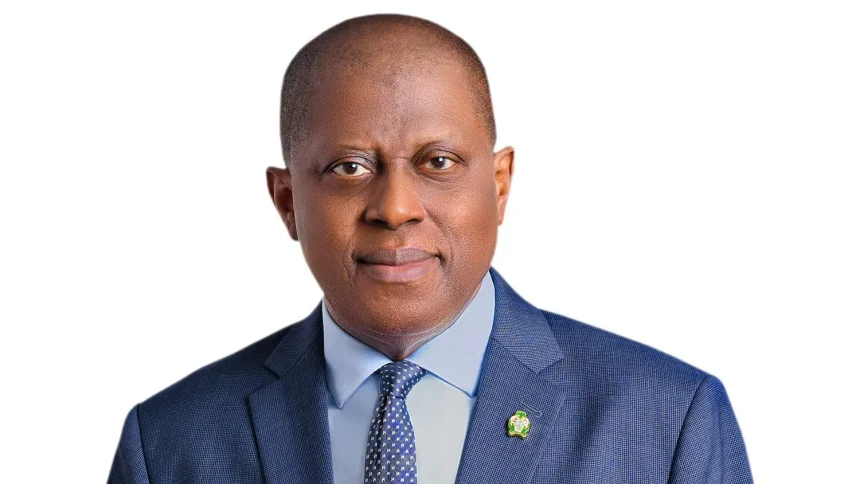In a decisive move to combat inflation and stabilize the economy, the Monetary Policy Committee (MPC) of the Central Bank of Nigeria (CBN) has raised interest rates by 50 basis points, bringing the rate from 26.25% to 26.75%.
This decision, announced during the MPC’s July meeting, reflects the apex bank’s ongoing efforts to control rising prices.
However, this increase is expected to have significant repercussions for Nigerian investors and real estate developers. The Monetary Policy Rate (MPR) is the benchmark rate for commercial banks, influencing the cost of borrowing across the economy.

The National Bureau of Statistics (NBS) reported a continuous surge in inflation, with headline inflation reaching 34.19% in June, up from 33.95% in May. Experts in finance and real estate sectors warn that the rate hike could exacerbate challenges in mortgage borrowing and force developers to seek alternative financing options.
Expert Opinions on the Impact at 18th africa international housing show
Joseph Oluwaseun, a finance expert, highlighted the difficulties businesses may face in securing loans. “It will be very difficult to get loans, and if they do, the costs will be passed down to consumers. This could eventually lead to less cash chasing fewer goods, potentially correcting inflation later on,” he explained. Oluwaseun noted that the increased interest rate could hinder business growth, reduce business activity, and decrease overall consumption.
READ ALSO: Obaseki Extols NIESV for Sustaining Professionalism in Real Estate Sector
Monsurat Mohammed, head of the Help-to-Own-a-Home initiative at Family Home Funds, emphasized the need for affordable mortgage loans amid high bank lending rates. “Mortgage interest rates by commercial banks are very high at 26% per annum, which few Nigerians can afford. Additionally, the cumbersome loan application process and bureaucratic hurdles discourage potential borrowers,” she said.
Mohammed highlighted the efforts of Family Home Funds to promote affordable housing. “The Help-to-Own-a-Home initiative links primary and secondary markets to increase the housing value chain. We have financed 15,000 homes across 58 projects in 15 states, with over 2,100 homes in progress. Our lending tenor extends up to 20 years,” she added.
Alternative Solutions for Housing Finance
Ebilate Mac-Yoroki, President of the Mortgage Bankers Association of Nigeria (MBAN), suggested that government institutions could provide more affordable housing financing options compared to commercial banks. “With lending rates nearing 30%, commercial banks are no longer a viable option. Agencies like the National Pension Commission, with about N5 trillion designated for mortgage out of the total N20 trillion pension funds, are doing a lot in this area,” he stated.
READ ALSO: Real Estate Sector in Nigeria Set to Reach $2.26 Trillion by 2024, Residential Estates Lead Growth
Mac-Yoroki also praised the effectiveness of Family Home Funds, citing recent successes in securing mortgages for individuals within two weeks. “For the property sector to contribute more effectively to GDP, addressing high mortgage interest rates must be a national priority,” he concluded.
The recent interest rate hike by the CBN presents a complex challenge for the Nigerian economy, balancing inflation control with the need for accessible financing for businesses and housing. As the situation evolves, stakeholders will need to navigate these changes to ensure sustainable economic growth and development.



